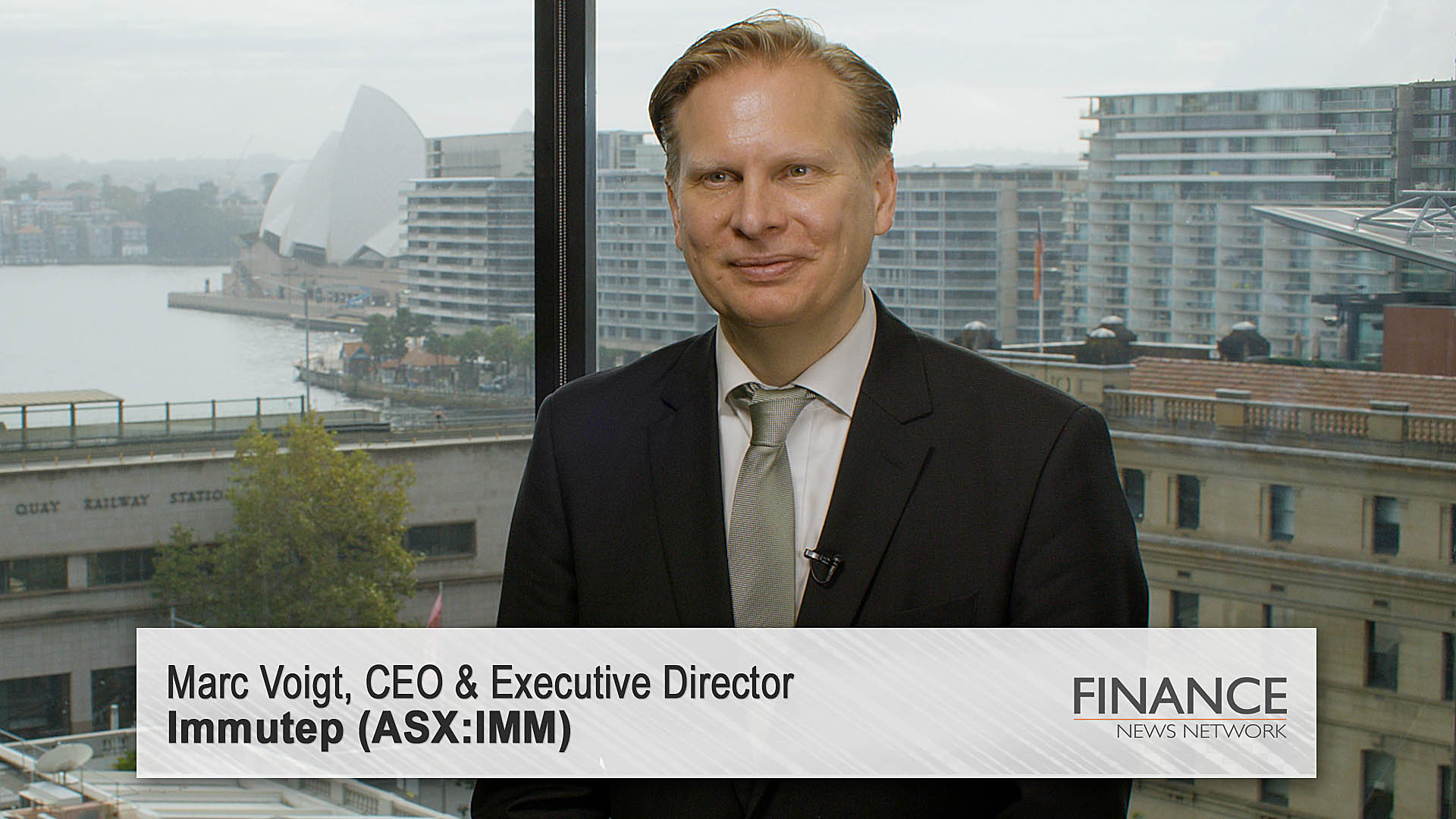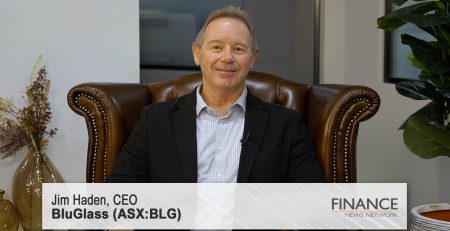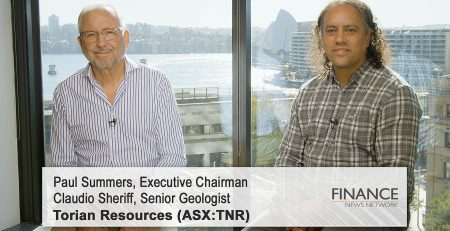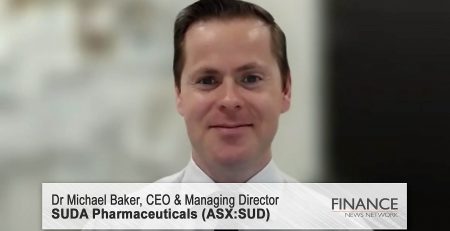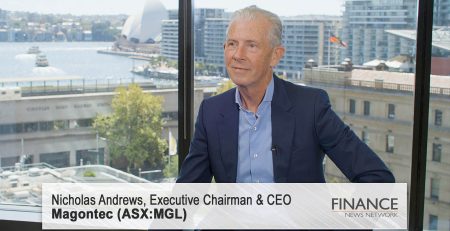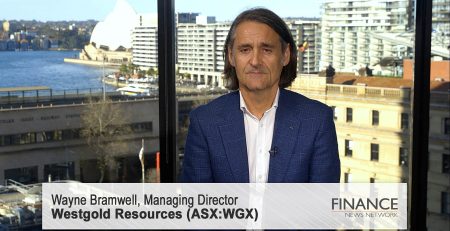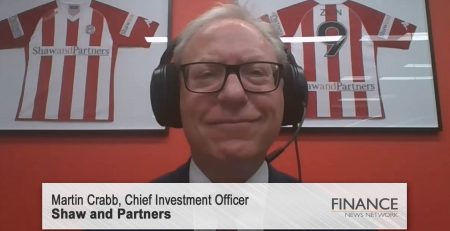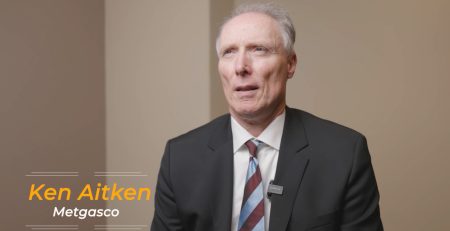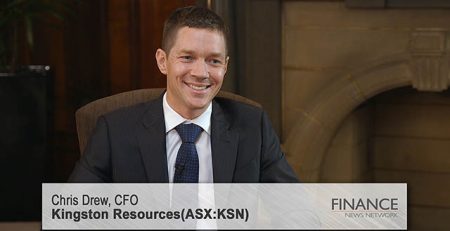Immutep (ASX:IMM) announces encouraging trial data for lung cancer therapy
Immutep Limited (ASX:IMM) Executive Director and CEO Marc Voigt discusses encouraging results in second-line non-small cell lung cancer.
Melissa Darmawan: Thanks for tuning in. I'm Melissa Darmawan for Finance News. Joining me today is Chief Executive Officer from Immutep (ASX:IMM) Marc Voigt. Marc, nice to meet you.
Marc Voigt: Nice to meet you. Thank you for having me.
Melissa Darmawan: Immutep has recently announced new trial data with your lead product candidate efti in patients with second-line non-small cell lung cancer. What results did you see?
Marc Voigt: Indeed. I believe we see encouraging results. First of all, it's important to understand the setting for those patients. They fail under best available standard of care. So, usually anti-PD-1 therapies such as Keytruda, for instance. Or the majority in our clinical trial, anti-PD-1 therapies plus traditional chemotherapy, so even under the combination. And those patients typically see a tumour progress after a while. This is confirmed by a CT scan, and then the patients are required to have a second CT scan four weeks thereafter in order to confirm that progress of the tumour. It's a tough setting for the patients, of course, but it's a requirement for our clinical trial because we would like to exclude any patients which have a so-called pseudo progression, so where you see inflammation around the tumour, T-cells attacking the tumour, so in reality, a tumour shrinkage.
So, I believe we have one of the toughest settings in the industry, and that's practically, if you like, a rescue mission for those patients failing under best available standard of care. And, indeed, we see a benefit, a clinical benefit, for around about 36 per cent of patients. So it's stabilisation of disease or even so-called partial response or tumour shrinkage. And this together with the tumour dynamics, change of tumour dynamics, together with the very good safety compared to the other option, which is chemotherapy, I believe is very encouraging.
Melissa Darmawan: That's great to hear. So, how does this treatment compare to other cancer treatments for this particular space?
Marc Voigt: So, in second-line non-small cell lung cancer, there's unfortunately not a lot you can provide to these patients, especially not if they got an anti-PD-1 therapy in first line. Again, therapy such as Keytruda, for instance, or Opdivo. So, the typical option is chemotherapy, and chemotherapy like docetaxel is, unfortunately, very toxic. So, the majority of the patients have severe side effects, so-called grade three or grade four — more than 50 per cent of patients actually. So, it's not a good option to have. And also the median overall survival for those patients, according to different studies, just between six to nine months. So, it's really a terrible setting, and to make a difference there, which is very difficult, is our mission.
Melissa Darmawan: So, in essence, would you say that the efti lead product versus the current treatments out there could appear to be somewhat of a, let's say, safer option to these patients?
Marc Voigt: A safer option and maybe — future data needs to show that — also better in terms of overall survival. We will release more data throughout the year. So, indeed, yes. Safer and hopefully better.
Melissa Darmawan: Thanks for that, Marc. And just to remind our viewers, where are you at in terms of the phase of the clinical trials?
Marc Voigt: So, in second-line non-small lung cancer as in first-line non-small cell lung cancer, we are in phase 2 stage. So, I believe, you know that we have phase 1, phase 2, phase 3. So we are in mid-stage of development for lung cancer.
Melissa Darmawan: What is the market size of this actual industry?
Marc Voigt: Lung cancer is the biggest cancer indication. It's, if you like, really a crown jewel in immuno-oncology, so it's very important. It's one of the leading causes of death in cancer, and it's, of course, also commercially, given the high unmet medical need, commercially very attractive. It's estimated that's between 25 to 30 billion US dollars annually in the coming years.
Melissa Darmawan: Last question. Do you think a clinical trial will be set up to seek regulatory approval?
Marc Voigt: That's an important question. Indeed, in second-line non-small cell lung cancer, as well as in other options, the data is currently pointing to the direction that future clinical development towards a registration could be feasible. Of course, this will take certain prerequisites. We need to carefully evaluate our different options, but the current data seems to be a good fundament to move ahead also in this indication.
Melissa Darmawan: Marc, it was great to speak with you. Very insightful and I look forward to seeing this unfold.
Marc Voigt: Thank you so much.
Ends
Copyright 2022 – Finance News Network
Source: Finance News Network

